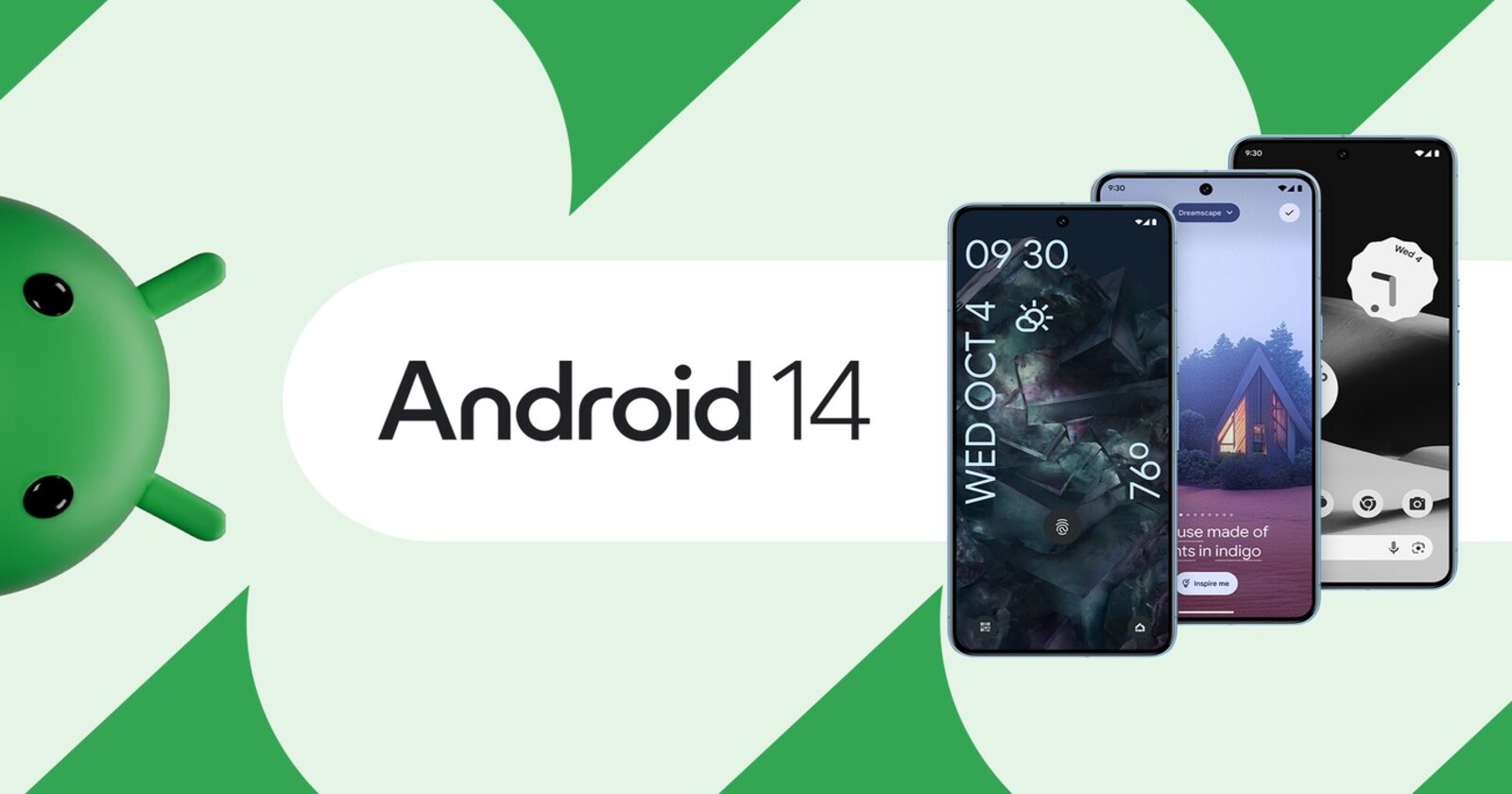For Pixel phone owners, the struggle for long-lasting battery life has been a familiar one. While Google’s flagship devices pack incredible features and offer pure Android experiences, battery drain has often been a thorn in their side. But Google Pixel owners and other Android users may soon say goodbye to battery life issues thanks to the revamped resource management system in Android 14, specifically targeting the notorious bloatware culprits.
A common frustration among smartphone owners is the presence of bloatware (pre-installed apps you don’t use), and despite advancements in operating systems, there are still aspects that need attention. Fortunately, Android 14 seems to address this concern with a hidden gem discovered by Mishaal Rahman that puts pre-installed apps into hibernation by default. This means they won’t gobble up precious memory and battery unless you actually use them.
Imagine this: you boot up your Pixel phone, but those annoying pre-installed apps you never touch stay asleep, preserving resources for the things you actually do. Sounds pretty sweet, right? This could be a significant resource saver and game-changer, especially for budget phones in particular that are often drowned in bloatware and struggling with performance.
![]()
Mishaal says that during startup, Android 14 scans your system for apps that can launch from the home screen (“exported launcher activity”). These apps then get automatically put into a “STOPPED” state, essentially becoming dormant within your phone. They won’t drain memory or battery life until you tap their icons and awaken them. For Pixel owners, it could be a turning point. Battery life, a longstanding Achilles’ heel, might finally get some much-needed improvements. Budget phones stand to benefit too, with smoother operation and potentially extended battery life.
The cherry on top? This feature will be freely available for all phone makers (OEMs) through the Android Open Source Project. They can choose to adopt it fully, opt out, or even create an “allowlist” for essential pre-installed apps that need to stay awake. Of course, there’s a tiny catch. Whether we see this feature in action depends on how individual phone makers implement it. But fingers crossed they embrace the opportunity to give their users smoother, more efficient phones that also last longer on a single battery charge.
The good news is Google itself seems pretty invested in this slumber party concept. Their stock apps are already on the “allowlist,” ensuring essential apps remain awake while bloatware catches some sleep. This means that Pixel users on Android 14 should be enjoying improved battery life compared to the previous OS (although it’s not always the case), something that I hope will trickle down to other Android devices with time.



